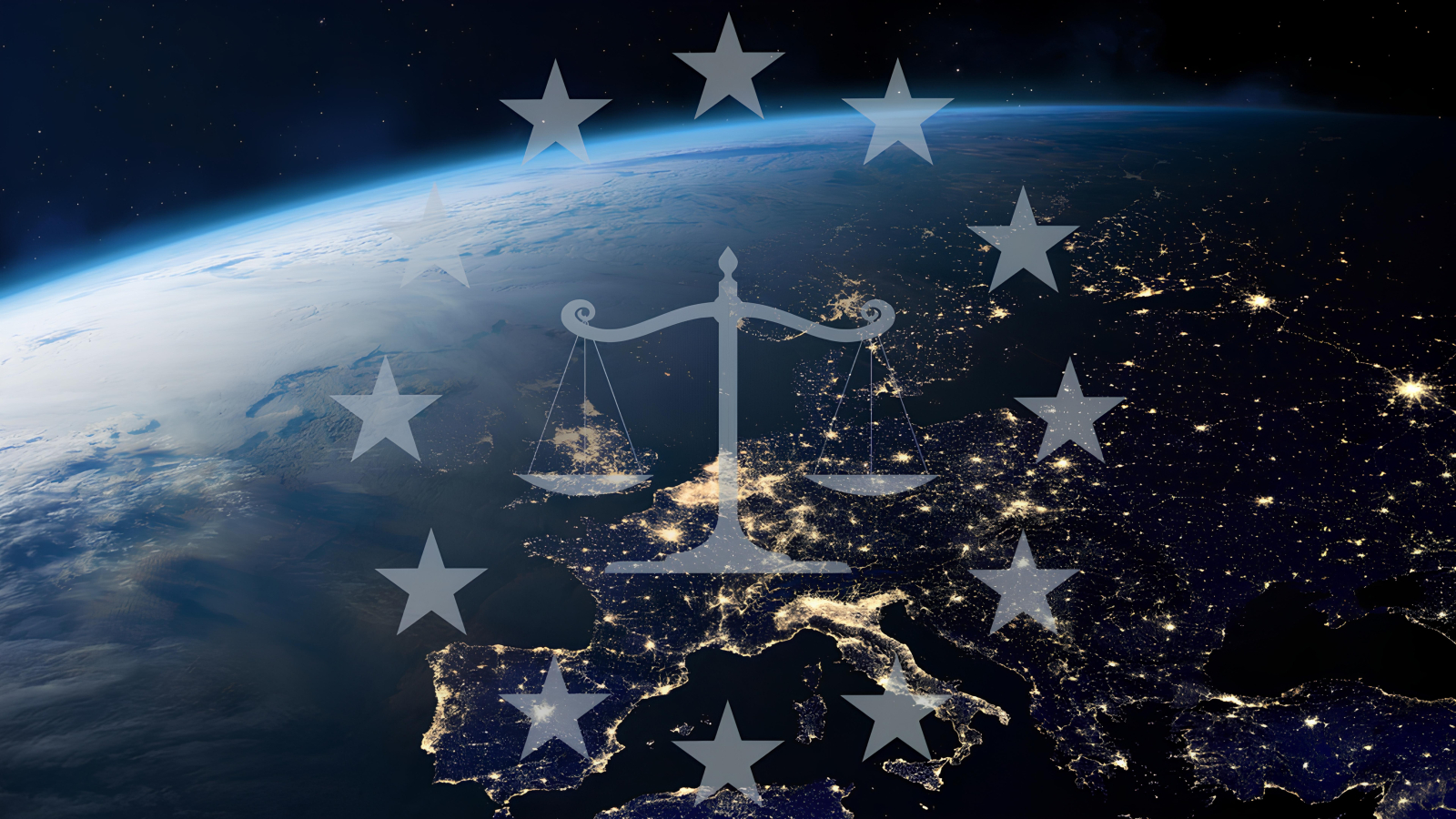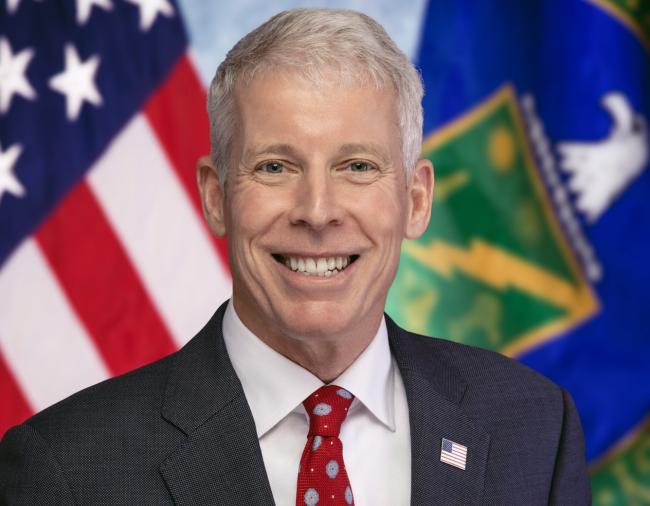
Practical information
Accessibility
Themes and regions
Related centers and programs

As a new European Commission prepares to define the Union's strategic priorities, the objectives and content of the future space law are being called into question. How can Europe respond to the new economic, geopolitical and ecological challenges posed by space?
Replay
Program
9:30-10:00 CEST | Keynote
Rodolphe Muñoz, Head of SSA/STM team, DG DEFIS, European Commission
10:00-11:15 | Round Table 1 - The Strategic Goals of the EU Space Law
Dimitra Stefoudi, Assistant Professor, International Institute of Air and Space Law (IIASL), Leiden University
Andrea Rotter, Head of Division Foreign and Security Policy, Hans Seidel Foundation
Maria Vittoria Massarin, Junior Researcher, Space, Defense and Security, Istituto Affari Internazionali
Chair: Claude-France Arnould, Advisor on European Affairs, Ifri
11:15-12:30 | Round Table 2 - Industry Views on the Future EU Space Law
Jocelyne Briec, General Counsel, Arianegroup
Chehineze Bouafia, Head of Regulatory Affairs, Space & Telecommunications, Eutelsat
Emmanuel Bourdoncle, Project Manager, Regulation and Sustainability of Space Activities, Directorate general for Enterprise, Ministry of Economics and Finance
Chair: Paul Wohrer, Research Fellow, Space Program, Center for Geopolitics of Technology, Ifri
This event will be held in English without translation
Contact
Paul WOHRER
Research Fellow, Space Program, Center for Geopolitics of Technology, Ifri
Related Subjects
Other events

Conference with Chris Wright, Secretary, U.S. Department of Energy
EU-US Energy Relations in Times of Global Reshuffling
The United States aims for global energy dominance and leading in the global IA race, using all available and competitive energy resources, notably natural gas and nuclear.

EV Supply Chains for Japan and Europe: Strengthening Economic Security
Economic security aims to ensure the resilience of supply chains for key industries: the case of electric vehicle production in Japan and Europe will be discussed.







